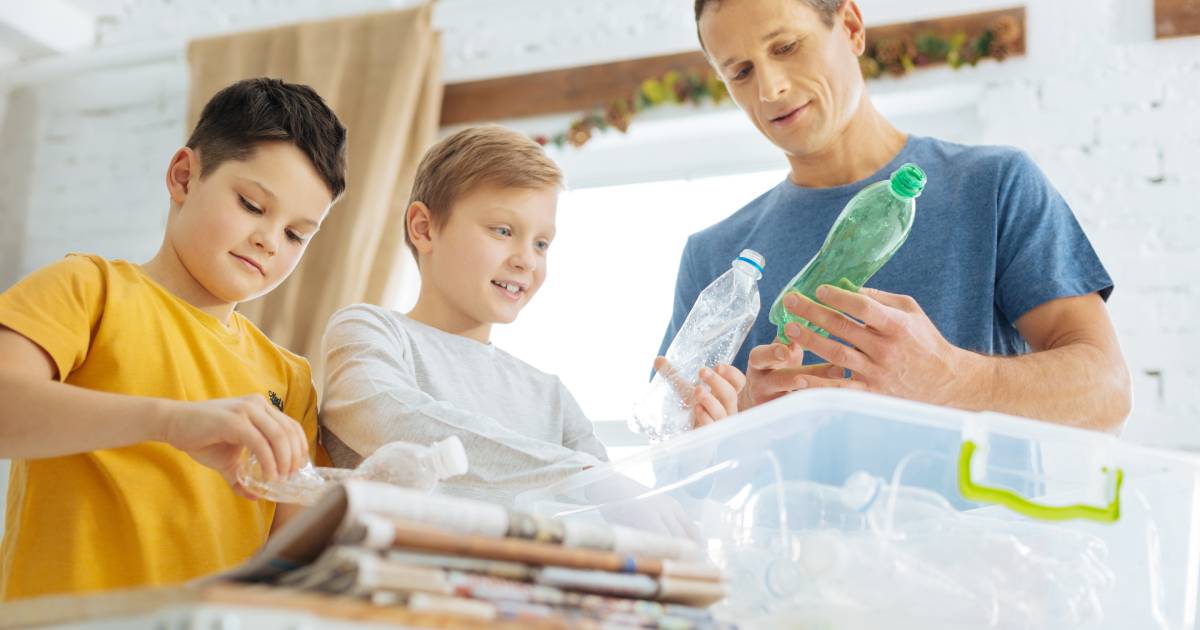The Importance of Teaching Sustainability to Your Children
Fostering a sense of responsibility towards the environment is crucial, especially for the younger generation. Teaching children about sustainability not only equips them with the knowledge to make informed decisions but also instills values of respect and care for our planet. By introducing sustainable practices at an early age, we empower our children to become conscientious stewards of the Earth. Read on to learn more about the importance of teaching sustainability to your children.
Why Sustainability Should Be a Family Affair
Sustainability is most effectively integrated into family life when it becomes a shared mission. By working together on gardening, composting, recycling, and other environmentally-friendly tasks, families can instill a collective sense of purpose and commitment to sustainable living. This collaborative approach deepens the understanding of environmental issues and fosters communication and cooperation among family members. Children learn valuable lessons about teamwork and responsibility while also developing a strong connection to their community and the natural world around them. Such experiences are vital in shaping their identity as responsible global citizens.
The Benefits of Teaching Sustainable Lifestyles
Teaching sustainable living practices to children has a myriad of benefits that extend beyond environmental awareness. One significant advantage is the development of critical thinking skills as children learn to assess the impact of their choices on the planet. By exploring concepts such as waste reduction, energy conservation, and the importance of biodiversity, children become adept at analyzing situations and making decisions that reflect their values. Additionally, this education fosters creativity and innovation, encouraging young minds to devise new solutions for pressing environmental challenges. Another tangible benefit of teaching sustainable living includes the ability to create long-lasting wardrobes that save money over time!
Ways to Teach Sustainable Practices to Children
Incorporating sustainable practices into daily routines can be both simple and effective for teaching children valuable lessons about environmental responsibility. Start by involving them in household tasks such as composting kitchen scraps, where they can learn about reducing waste and the benefits of recycling organic materials. Family outings to local farmers’ markets can also be educational, as kids discover the importance of supporting local agriculture and understanding where their food comes from. Encouraging the use of public transportation, biking, or walking instead of opting for car rides instills a sense of eco-consciousness while promoting physical activity. These practices not only solidify their understanding of sustainability but also help create lasting habits that they can carry into adulthood.
Understanding the importance of teaching sustainability to your children is just half the battle; putting it into action is where the real impact happens. By involving children in sustainable practices, we can equip them with the tools to make a positive difference in the world and create a brighter future for generations to come.


